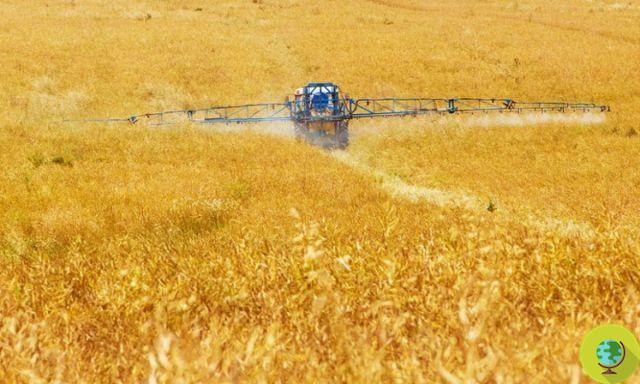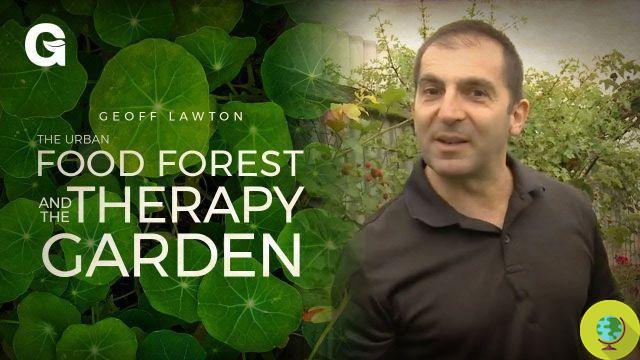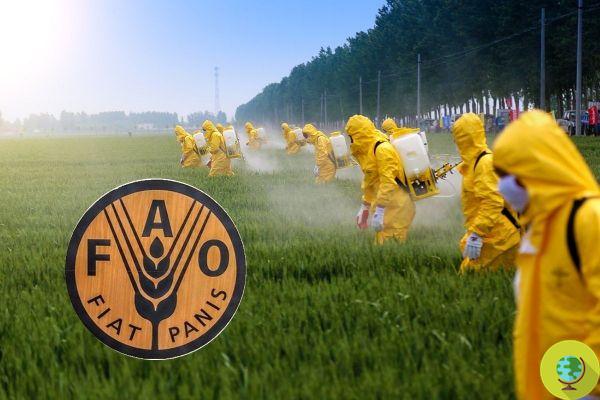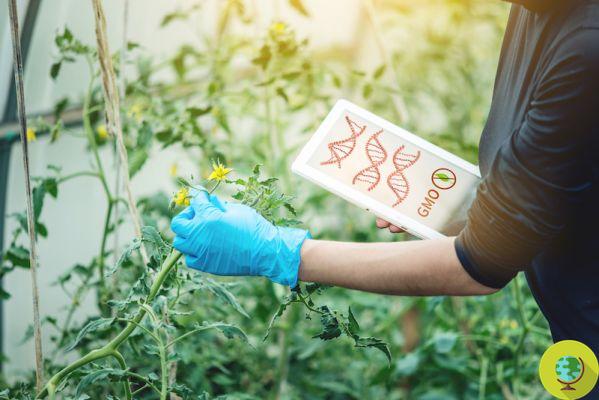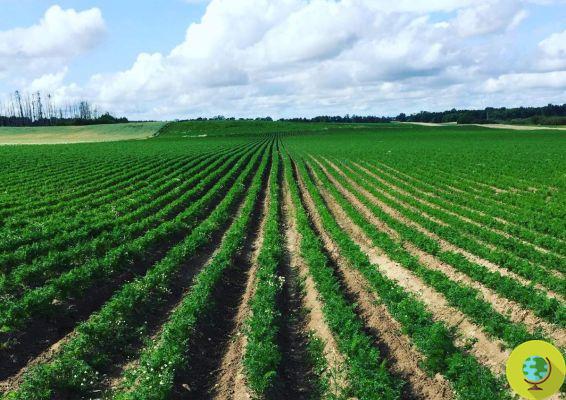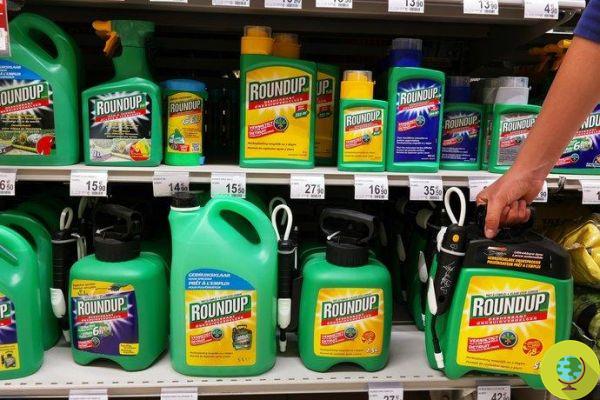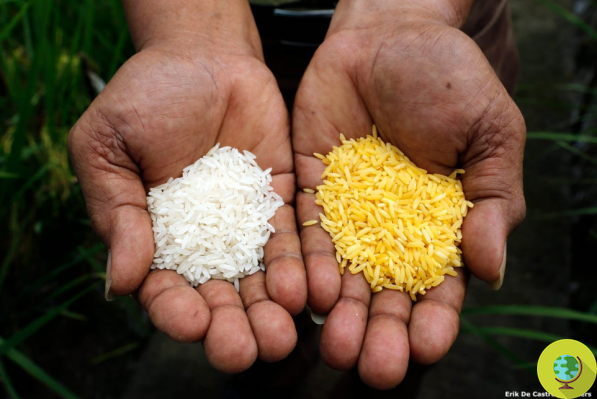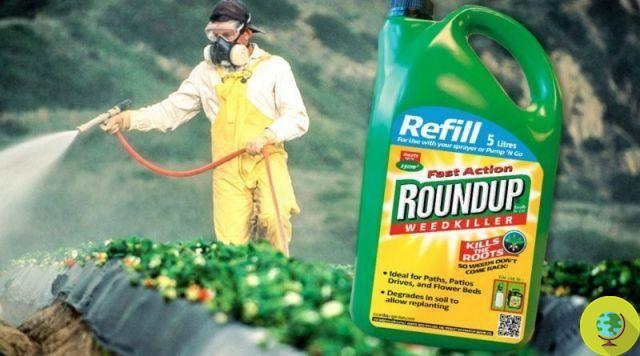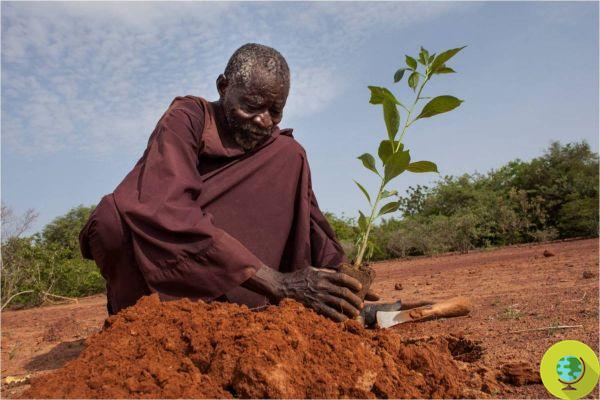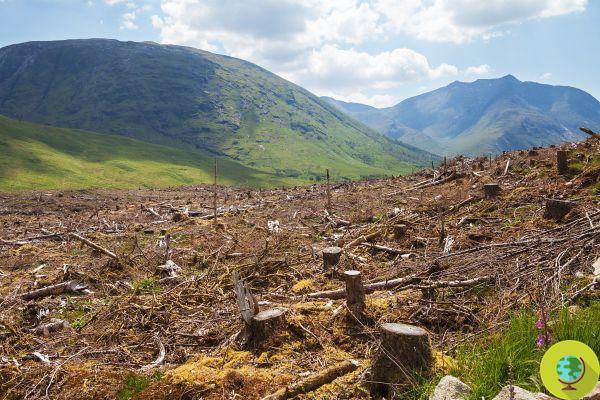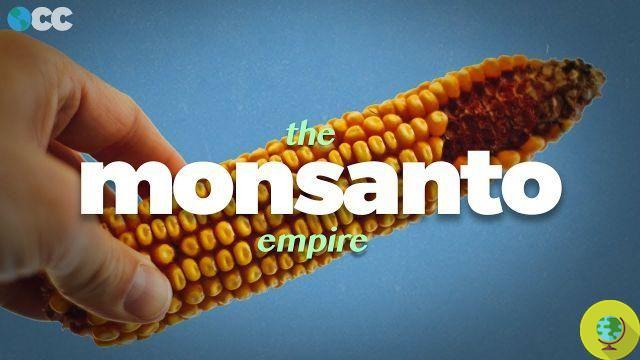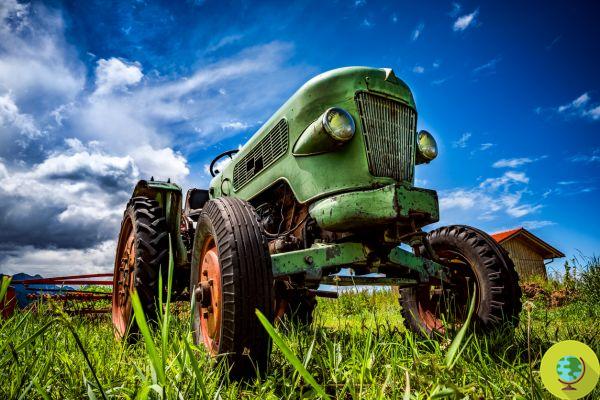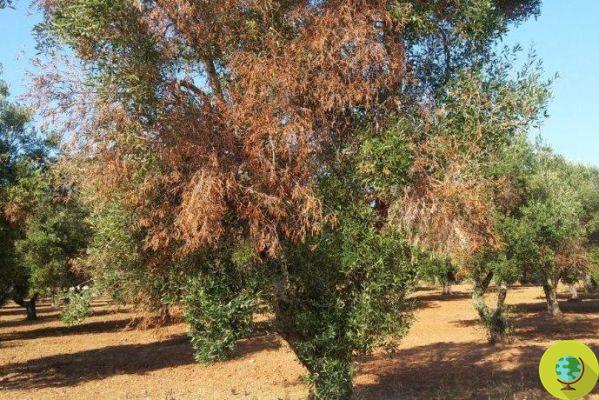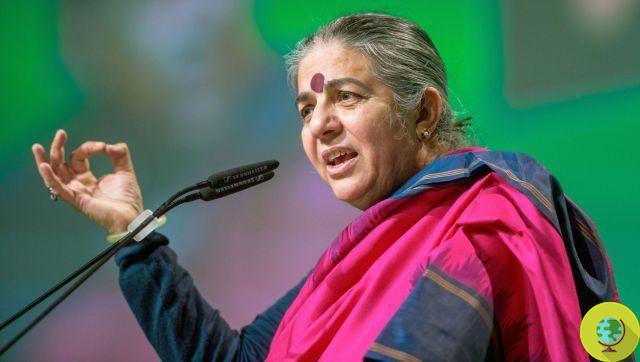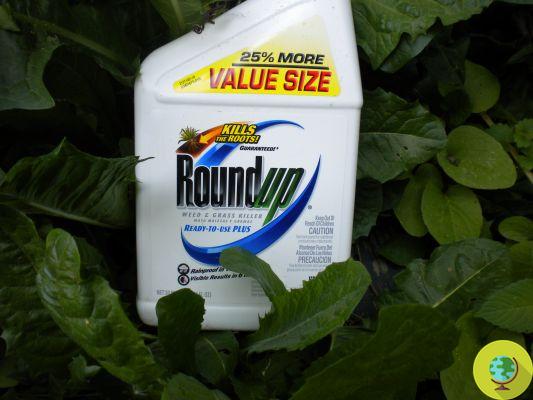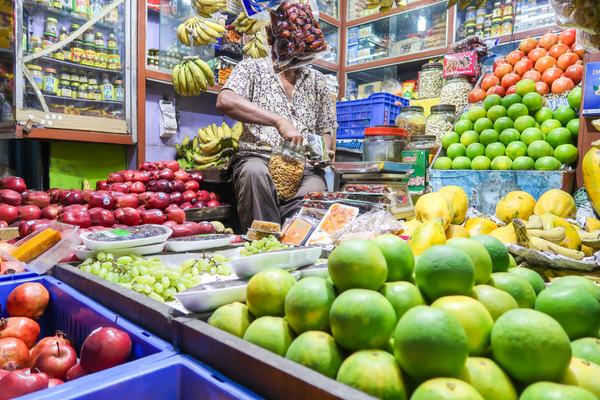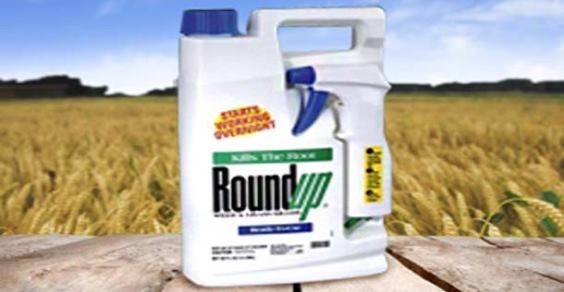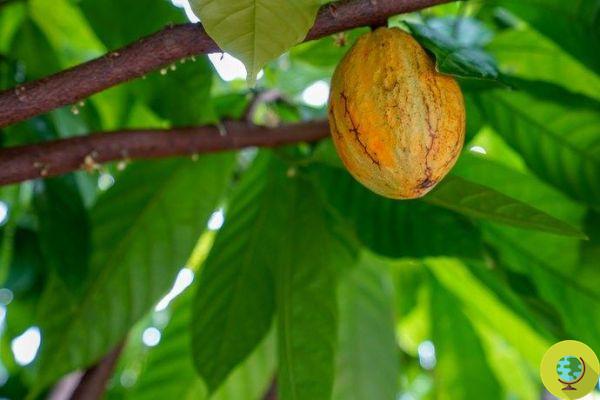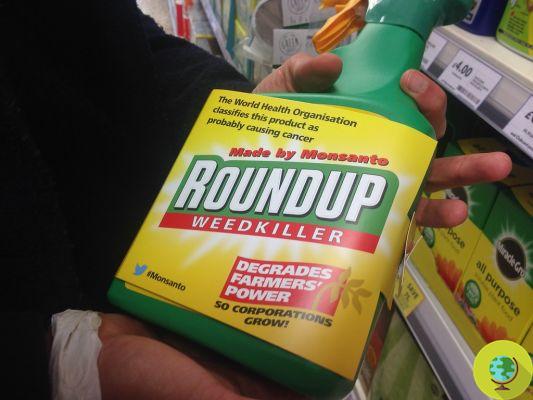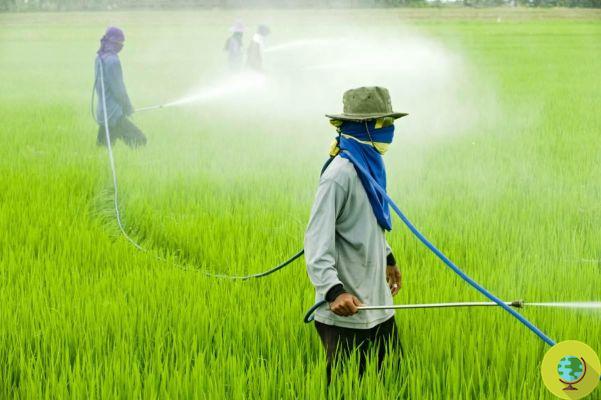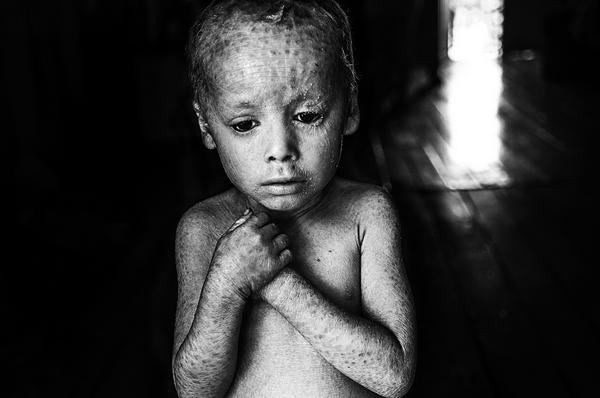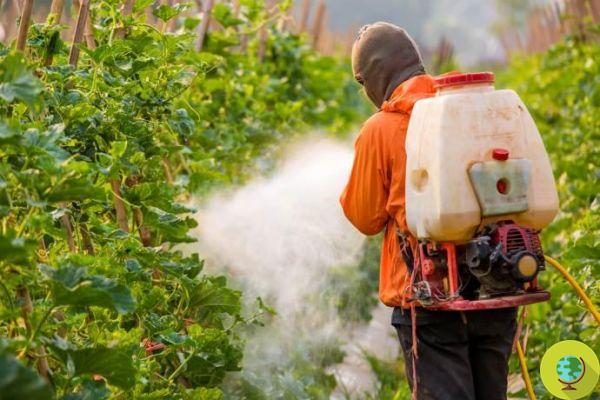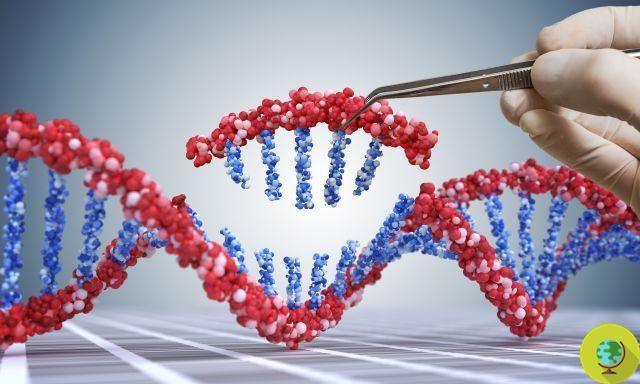
Hawaii, a lost paradise? Golden beaches, unspoiled landscapes: these are the characteristics of the Hawaiian Islands in the common imagination. The reality is unfortunately quite different. The most famous islands of the Pacific have been chosen for years by the multinationals of pesticides and GMOs to test genetically modified seeds and pesticides.
He is about to end up run over, his mother saves him
Hawaii, a lost paradise? Golden beaches, unspoiled landscapes: these are the characteristics of the Hawaiian Islands in the common imagination. The reality is unfortunately quite different. The most famous islands of the Pacific have been chosen for years by the multinationals of the pesticides and to the GM to test genetically modified seeds and pesticides.
The most serious situation would be present on theisland of Kauai, the oldest of the Hawaiian archipelago from a geological point of view. Trials are the norm. Farmers and locals are forced to suffer the consequences of the use of toxic substances on crops, out of fear of damage to their health and the ecosystem.
To bring to light what is happening in Hawaii are two articles recently published in the pages of the US edition of the Huffington Post. Much of the arable land on the island of Kauai has been sold to multinational biotech companies, which focus their business on GMOs and pesticides. Let's talk about Monsanto, Bayer, Syngenta, BASF, Pioneer e Dow.
The activities of GMO tests they include the transfer of DNA from one species to another; this could also include the use of human genes, which would be introduced into the crops of corn, soy, rice and sugar cane in order to use the biotech products obtained in thepharmaceutical industry - as reported by Maggie Sergio Article “GMO & Pesticide Experiments in Hawaii: The Poisoning of Paradise”.
The author also denounces thehypocrisy of multinationals such as Syngenta regarding the use of toxic pesticides. The problem primarily concerns the pesticide Atrazine, whose use is still carried out in undeclared percentages and whose use is unfortunately promoted and praised on the island, as reported in the article “GMO & Pesticide Experiments in Hawaii: Part 2, Kauai’s Right to Know”.
The pesticide Atrazine was banned byXNUMX-XNUMX business days for its ability to pollute and contaminate groundwater. The substance is now undergoing its third overhaul in ten years by the Environmental Protection Agency. Just this year, one was reintroduced in the United States proposal to ban Atrazine, which is defined as a dangerous toxin for humans, mammals and amphibians, even when it is used in lower quantities than permitted by law.
Farmers and residents of the island of Kauai are constantly exposed to a series of pesticides and toxic substances tested in crops by multinationals. Their homes are surrounded by poisonous dust clouds that reach the inside of the rooms of the houses and that are deposited on the furniture, on the appliances and on the dishes used for cooking.
Not only Atrazine, but also other traces of toxic pesticides, among which the name of the very harmful and very poisonous stands out DDT, have been identified on the island, with particular reference to the Waimea Canyon Middle School. Not only farmers who are in direct contact with the offending substances, but also students and ordinary citizens see their health in danger.
It is a set of substances used in industrial agriculture for which the EPA, in the United States, had already established restrictions. But on the Hawaiian Islands everything seems allowed. The multinationals of pesticides and GMOs do not care about preserving the health of the population or safeguarding the environment, not even in the case of heavenly places - at least in our imagination - like Hawaii.
Yet the consequences of pesticide use continue to cause alarm in the United States. In the state ofIllinois, 80 boys who were at work in a cornfield were hospitalized after an aircraft accidentally sprinkled them with a fungicide. The substance caused skin irritations. This was an incident that should lead to a more in-depth reflection on the health risks associated with the use of pesticides in agriculture.
Marta Albè




